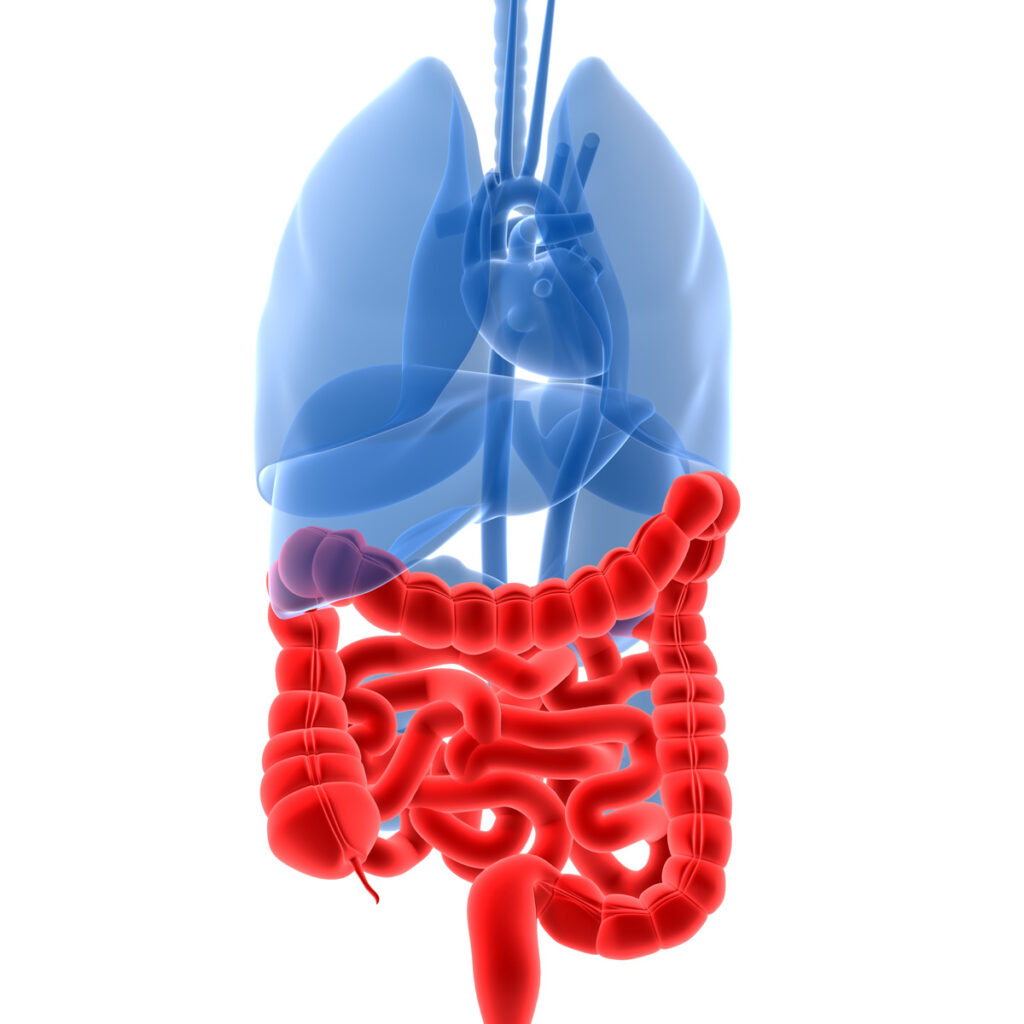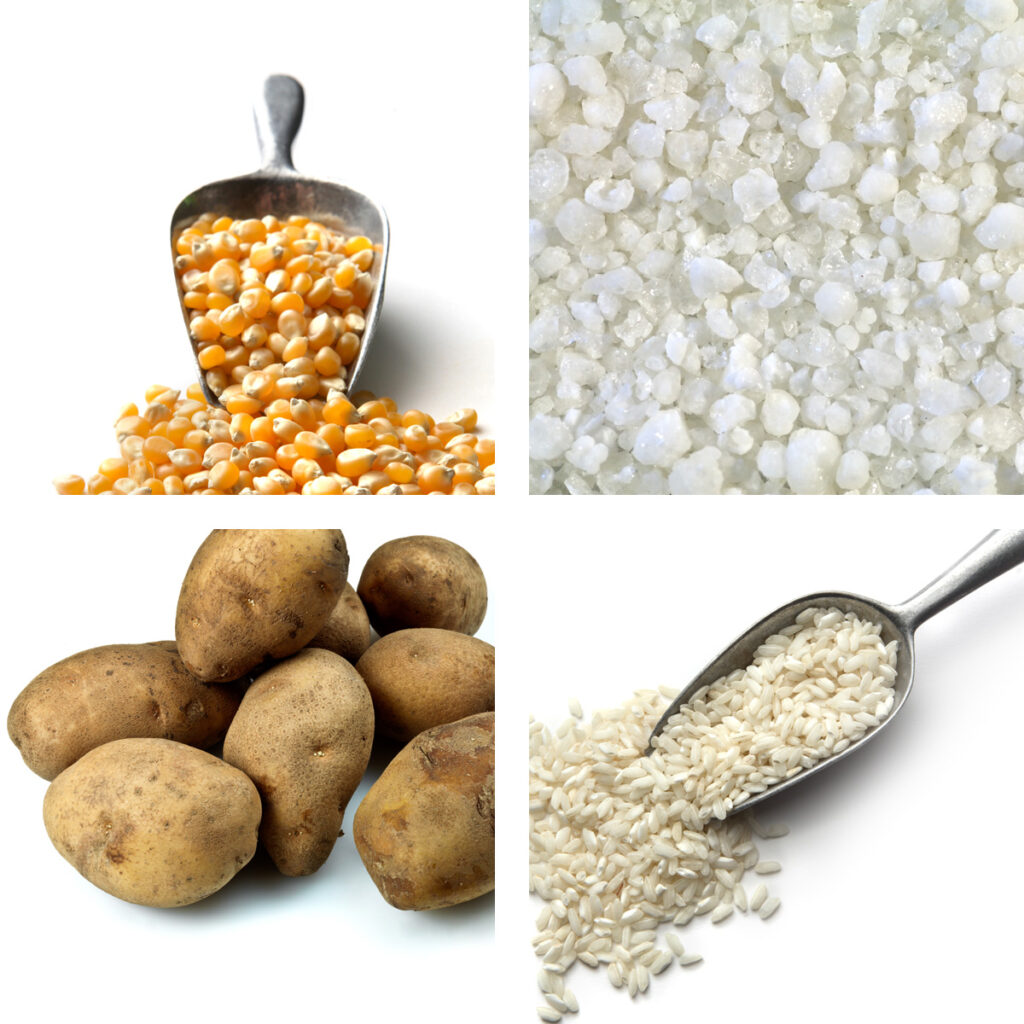Case Study

Having recently returned from holiday in India a 33 year old mother of two children presented to her doctor complaining of a general lack of energy, mouth ulcers and loose stools. On further questioning the doctor discovered that whilst her appetite had not diminished her family thought that she had visibly lost weight. She had no bone or joint pain to speak of.
What do you think might be the problem with this woman?

The doctor suspected that the patient may have a condition called coeliac disease. This is a relatively common disease potentially effecting around 1 in every 100 people in the UK. It is an autoimmune condition that results from an immunological hypersensitivity to gluten, which is a protein, found in grains such as wheat, rye and barley. The immune systems of patients who develop this hypersensitivity produce cells and antibodies that attack the lining of the intestine causing extensive damage to the structures that normally create a large surface area for absorption.
How might the Doctor investigate whether the patient has coeliac disease?

The best way or “gold standard” for determining whether a patient has coeliac disease is the take a sample (biopsy) of the intestine to see if there is any damage or “villous atrophy”. This procedure is extremely invasive so before a clinician performs such a procedure he needs more clues that point to coeliac disease. In this case the doctor took some blood from the patient and sent it to the immunology laboratory to look for abnormal antibodies that are found in patients with coeliac disease. These “auto-antibodies” are known to be targeted against a component in endomysial connective tissue called Tissue Transglutaminase. A healthcare scientist in the immunology department used immunofluoresence techniques to look for these antibodies and found relatively high concentrations. These results were reported back to the clinician who decided that along with significant evidence of malabsorption from tests carried out in the chemistry department including low iron and B12 levels, that coeliac disease was highly likely. This was confirmed by a bowel biopsy that showed damage consistent with advanced coeliac disease.
What do you think might be an appropriate treatment regime for a patient with coeliac disease?

For many diseases that affect the immune system, treatment can be very complex and physically demanding however coeliac disease is highly treatable with a simple lifestyle change. By simply removing gluten from the diet, symptoms can be alleviated rapidly and damage to the bowel structure reversed. As soon as the diagnosis of coeliac disease was confirmed the doctor suggested that the patient completely avoided all foods containing gluten. After doing this her symptoms rapidly improved and she gradually gained the weight that she had lost. If you look along the shelves in supermarkets you will see that there are many gluten free foodstuffs available.
